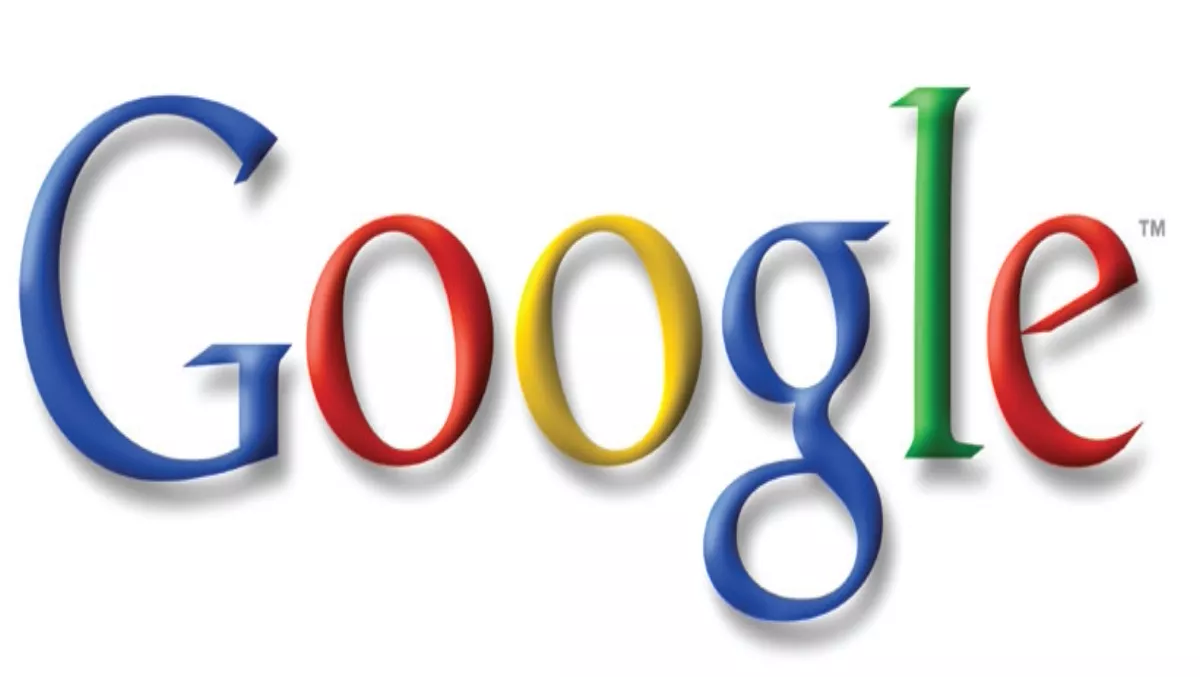
Murdoch declares war on Google
Unless a foolproof way is found of generating revenue from online news, the future of journalism itself is under threat.At least, that’s the scenario being laid out by media magnates like Rupert Murdoch, who are waging war on the notion that has developed since the advent of the Internet: that news can be obtained for free. Yes, they want you to pay.The target of Murdoch’s campaign is search engine Google, which trawls the Web constantly, storing up pages of information (this is known as ‘caching’). Automated search applications, sometimes known as ‘web crawlers’, go through the news sites (quite a few of them owned by Mr Murdoch) and copy the pages. Google offers up these copied pages through its own Google News site, allowing users to search for news items by topic.This is very convenient, but it’s not making the Murdochs of this world any money. Newspapers worldwide are struggling with falling sales and, more importantly, falling advertising revenue. Some long-established publications have closed or been absorbed by others. Journalists have lost their jobs. The news media have had difficulty getting income from the Web. Web pages earn revenue through advertising. The popularity of the pages, and therefore the amount that can be charged to place ads on them, is determined by the number of viewer ‘hits’ on the page. These statistics are monitored jealously by the owners of Web pages: more hits, more money.But Google spoils the party, because while many Web users conscientiously bookmark favourite news sites, far more just use Google News to keep up to date. Those cached pages viewed through Google don’t register on the site where they originated; they only generate statistics for Google. Murdoch says Google “steals” stories from news sites owned by him, eg: The Times, The Wall Street Journal and Britain’s Sun. He’s floated the idea of preventing Google from caching items on sites owned by his News Corp. One way of doing this could be Automated Content Access Protocol, or ACAP, a computerised system that only allows web crawlers to store pages with permission (probably by paying a fee). This technology is still in development, supported financially by newspaper publishers.Microsoft has reportedly entered this battle and could be pouring more development funds into ACAP. Apparently the aim is to create a significant market for Microsoft’s own search engine, Bing, by aligning with the publishers. They could license their Web sites to be cached exclusively through Bing, which would return a percentage of its ‘hits’ revenue to the publishers. However, the publishers would want big money for giving Bing exclusive access to their pages, and the cost might be passed on to users. Web users might be able to help stave off efforts by the likes of Rupert Murdoch to create a pay-per-view news culture on the Web, by clicking on the pages of the publishers instead of Google News.
* As we went to press, Google offered an olive branch to publishers, saying it would limit the number of ‘paid’ (subscriber-only) articles from their sites that viewers could access through Google News. It will also use a separate crawler for news stories, making it easier for publishers to keep their content out of Google News.

